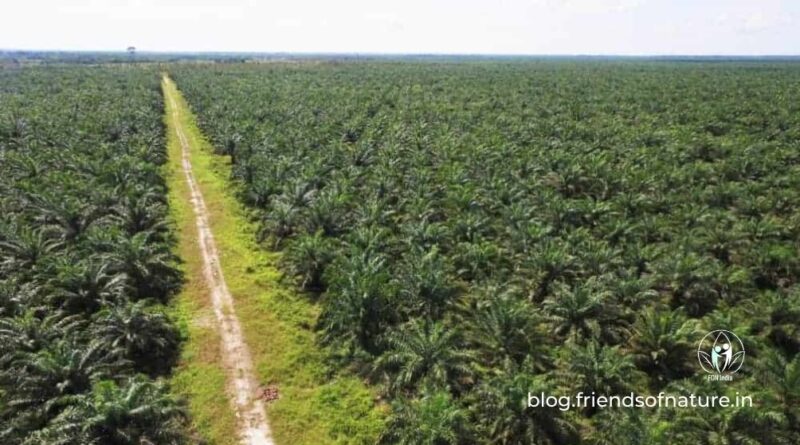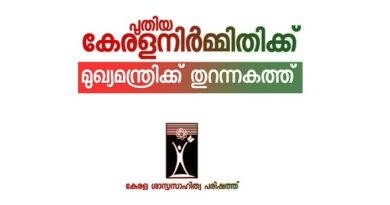Sri Lanka bans palm oil imports; asks plantations to uproot trees
Environmentalists say palm oil production has led to widespread deforestation and damage to ecosystems.
Sri Lanka banned imports of palm oil and new palm plantations, and told producers to uproot existing plantations in a phased manner, in a surprise move that baffled the edible oil industry.
Companies and entities, which have done such cultivations, will be required to remove them on a phased-out manner with 10 per cent uprooting at a time and replacing it with the cultivation of rubber or environment-friendly crops each year “to free Sri Lanka from oil palm plantation and palm oil consumption”.
Palm oil imports and the number of plantations have been increasing in recent years in Sri Lanka, a leading producer of coconut oil.
Environmentalists say palm oil production has led to widespread deforestation and damage to ecosystems.
Sri Lanka imports around 200,000 tonnes of palm oil every year, mainly from Indonesia and Malaysia, traders estimate.
Coconut accounts for approximately 12 per cent of all agricultural produce in Sri Lanka with the total land area under cultivation covering 409,244 hectares (in 2017) and about 2,500-3000 million nuts produced per year (by 2017). New measures have been introduced to enhance the annual coconut crop to 3,600 million nuts per year.




